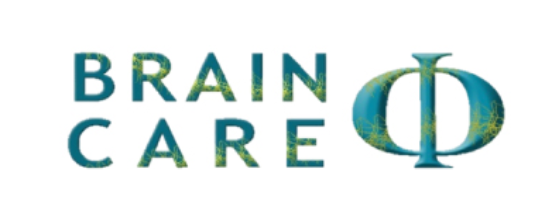
Depression
What are the symptoms of Depression?
Depression affects everyone different and can present with changes in behaviour, thoughts, feelings and physical symptoms. Symptoms are typically characteristic of feeling low or under aroused and a significant reduction in mood. While these changes are normal human responses, when they are excessive or persistent to the situation experienced they may be maladaptive.
Behaviours are what we do on an everyday basis and how we conduct ourselves. If you or someone you love is experiencing depressive symptoms, it may look like:
- Avoiding social activities or interactions with loved ones.
- Difficulties getting started, organising or completing tasks and goals.
- Using alcohol or other substances to cope.
- Disengaging from previously enjoyable activities.
Feelings refer to our emotional states or reactions we may feel at any given moment. These are influenced by mental and physical responses. Some common feelings associated with depression include:
- Extreme sadness, hopelessness or misery.
- Numbness (physically or emotionally).
- Reduced confidence, self-esteem, self-belief or pessimism.
- Guilt or remorse.
Thoughts are how we consciously process, reason, problem solve and understand our daily lives. Many cognitive processes are involved in thinking such as attention, working memory, executive function and self talk. For people experiencing depressive symptoms, thought processes are often significantly affected and can look like:
- Negative self talk that is believed (i.e. ‘There’s no use trying.’ ‘I’m useless and people would be better off without me.’ ‘Life is pointless.’)
- Difficulty concentrating or paying attention.
- Not setting goals.
- Having a hard time solving simple problems or organising yourself.
- Suicidal ideation or plans.
Physical symptoms consider how our body is affected due to depressive symptoms. Common physical symptoms relating to depression include:
- Feeling tired or finding it hard to ‘get going,’
- Frequent illnesses, headaches or muscle pains.
- Changes in weight or appetite.
- Difficulties sleeping (falling asleep, staying asleep, waking up).
What are the causes of Depression?
There are many risk factors that contribute to developing depressive symptoms. Generally speaking, depression is likely to occur when a person perceives they are unable to cope with the stresses of life. Black Dog Institute highlights some factors such as genetics, stressful or traumatic events, long term pressures, personality type, ageing or illness among others.
Counselling for Depression
Brain Care uses a variety of psychological strategies to address symptoms. These include Cognitive Behavioural Therapy (CBT), Person Centred Therapy, and Eye Movement Desensitisation and Reprocessing (EMDR). Psychotherapy is often combined with Biofeedback and Neuromodulation. These are therapies that aim to help a person regulate specific aspects of the nervous system contributing to symptoms of depression. Our biofeedback and neuromodulatory therapies include EEG Biofeedback, Heart Rate Variability Biofeedback; Transcranial Direct Current Stimulation (TDCS), among others.
If you or someone you love is suffering from depression and are ready to get support, contact our psychology clinic in Tweed Heads, where counselling is available for children, teens, adults, couples and families. Often the first step is the hardest, but Brain Care is here to support you through the rest of your journey.
WHO WE HELP
Anger Management
Depression
Eating Disorders
Peak Performance
Contact Us

